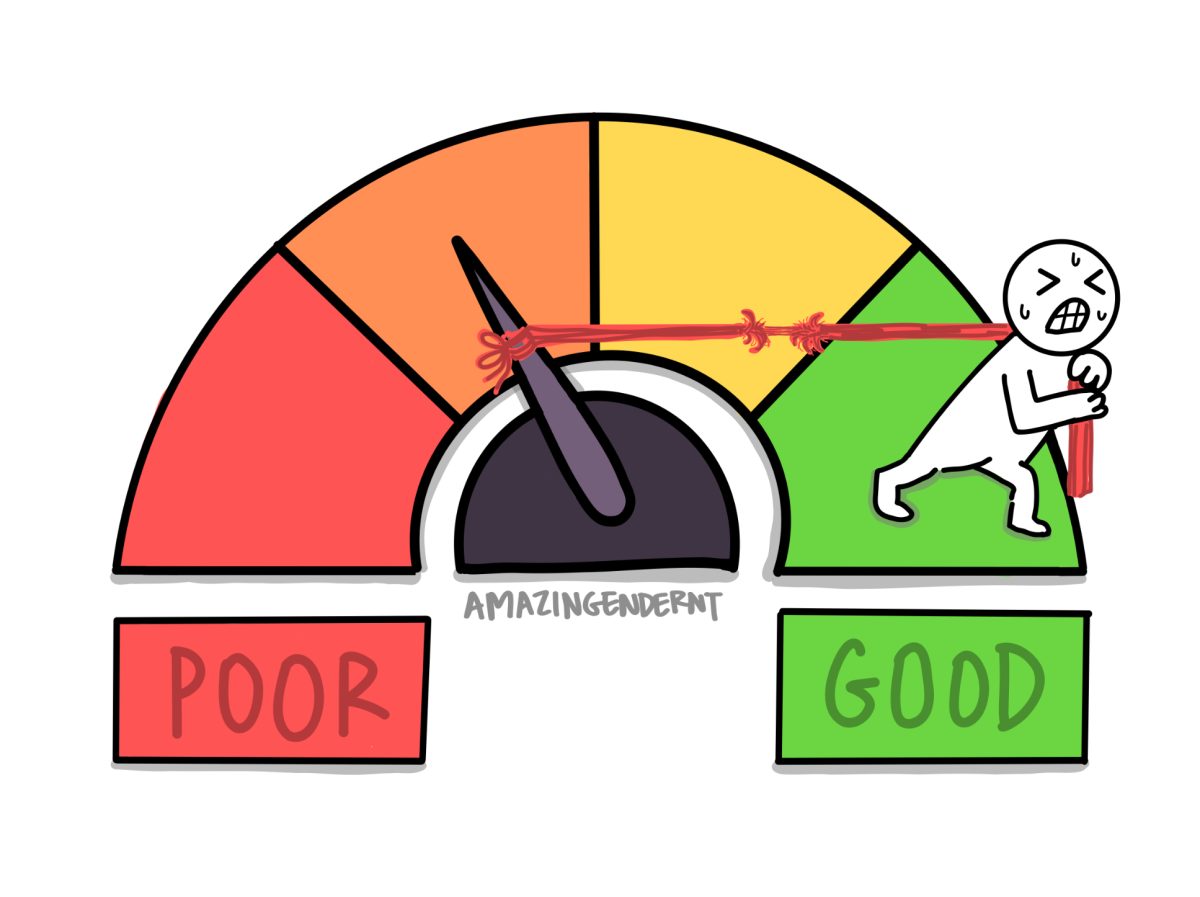Credit may seem like a foreign concept to many college students, but establishing and managing it early can lead to a financially stable future.
Credit cards can be a double-edged sword: they build a financial foundation and show the importance of borrowing, but they can also lead to high-interest debt if used carelessly. The earlier one starts building credit, the more time there is to build a strong credit score and take control of personal finances.
Students often face challenges getting their first credit card due to limited credit history. Card issuers recognize this and offer many beginner credit card options that are specifically tailored to students.
Discover it® Student Cash Back, Bank of America’s Travel Rewards Credit Card for Students, and Capital One Savor Student Cash Rewards Credit Card are among the highest-rated options for students. Most card issuers have dedicated entry-level options for new credit users, and common features across these cards are a $0 annual fee and availability to those getting their first card. Online tools such as NerdWallet’s CardFinder can help students find options that fit their specific needs.
Each credit card comes with its own reward system and benefits. These rewards are often provided in the form of cash back from purchases or travel rewards points that can be used on hotels and flights.
It’s important to consider the rewards each credit card offers and how you can take advantage of them. For instance, the Capital One Savor Student card offers 3% cash back on dining, entertainment, and at grocery stores, and 1% cash back on all purchases.
After choosing a credit card, your FICO score — the most common type of credit score, typically ranging from 300 to 850 — becomes essential. Of the five factors that make up FICO scores, payment history is the most impactful, making up 35% of a credit score, followed by amounts owed, which makes up 30%.
Accumulating credit card debt with high interest rates can be detrimental to credit scores, and irresponsible users can quickly find themselves in thousands of dollars in debt. The best way to avoid paying interest on credit is to treat it like a debit card: don’t spend what you don’t have, and always make payments in full and on time.
It’s also crucial to pay interest when carrying a balance, and paying in full each month eliminates the devastating effects that interest can have on finances.
If in credit card debt, there are several methods one can use to pay it off. The debt snowball method addresses the smallest balances first, and the debt avalanche method tackles the highest interest rates first. Paying off debt quickly is ideal, as credit cards accrue interest daily and can grow exponentially.
To monitor your credit score and detect any discrepancies, you can access online reports from Equifax, Experian, TransUnion, and AnnualCreditReport.com. As a student, building credit might seem intimidating, but by choosing the right card, understanding credit scores, and spending responsibly, you can set yourself up for a strong financial future.
Paying your balance in full in a timely manner, avoiding unnecessary debt, and using rewards wisely can help you make the most of your credit without falling into financial traps. Starting small and staying disciplined while building credit can open doors to many financial opportunities down the line.









